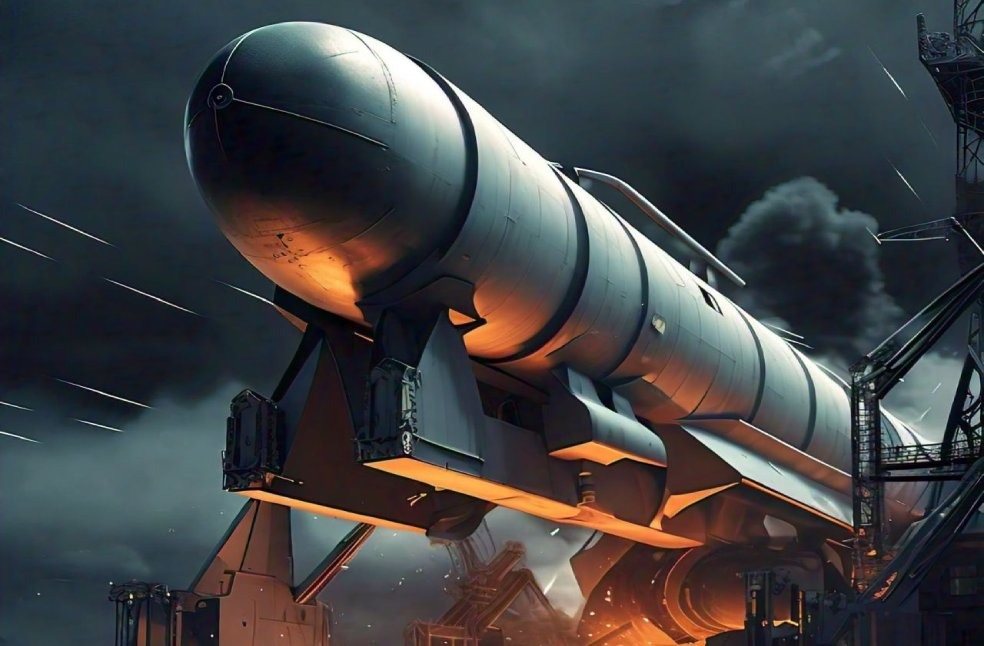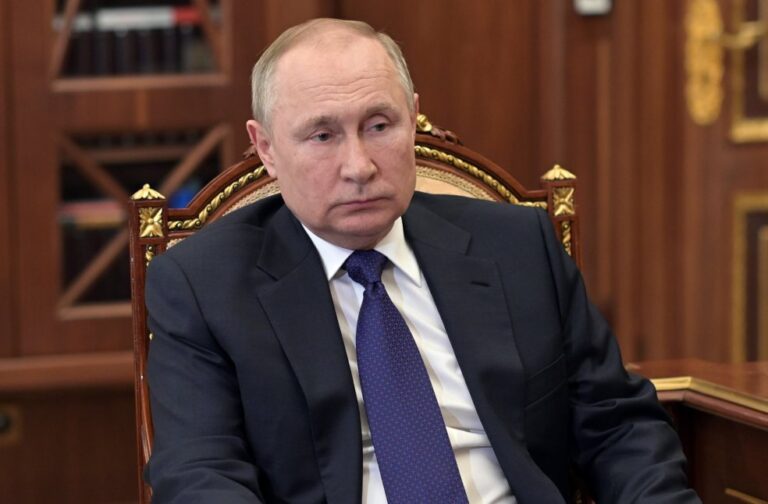Moscow: President Vladimir Putin has declared that Russia may revise its nuclear doctrine, potentially broadening the conditions under which it would deploy its nuclear armoury. Putin implied that Moscow could consider an attack by a non-nuclear state, if backed by a nuclear-armed nation, as a joint attack, a veiled warning aimed at Ukraine and its Western allies.
This development comes as Ukraine continues to seek permission to use long-range Western missiles to strike military targets within Russian territory. The Kremlin leader’s comments appear to escalate the ongoing fight, which has seen Ukraine make advances into Russian-held areas this year while continuing to defend against missile strikes launched by Russia.
Ukraine, a non-nuclear state, receives military support from nuclear-armed nations such as the United States, the UK, and France. Putin’s comments convey that Russia may interpret any attack supported by these nations as warranting a nuclear response. Speaking after a meeting with his Security Council, the Russian president stated that any aggression against Russia by any non-nuclear state, but with the participation or support of a nuclear state would be viewed as a joint attack on Russia.

This shift in rhetoric is accompanied by Putin’s announcement of a potential expansion of Russia’s nuclear doctrine. The new framework could allow Moscow to resort to nuclear weapons in response to conventional missile strikes or other large-scale attacks on its territory, which Putin described as posing a critical threat to the nation’s sovereignty.
Putin has previously threatened the use of nuclear weapons during the war in Ukraine, with Kyiv and its Western allies repeatedly condemning such statements as nuclear “sabre-rattling”. In response to the latest remarks, Andriy Yermak, chief of staff to Ukrainian President Volodymyr Zelensky, dismissed the comments asserting that, “Russia no longer has anything other than nuclear blackmail to intimidate the world.”
China, a key collaborator of Russia, has reportedly urged restraint, with President Xi Jinping cautioning Putin against deploying nuclear weapons.
Putin’s statements coincide with Zelensky’s visit to the United States, where he is set to meet President Joe Biden. Kyiv’s request to use long-range Western missiles against Russian military sites is expected to dominate discussions.
In June, Putin had already signalled that changes to Russia’s nuclear doctrine might be forthcoming. At the time, he boasted that Russia possessed far more tactical nuclear weapons than the entirety of Europe, warning European nations of their vulnerabilities. He pointed out that Europe lacks a fully developed early warning system, making it, in Putin’s words, more or less defenceless.
Since the end of World War II, the global balance of power has largely been maintained through nuclear deterrence, with the knowledge that any major nuclear exchange would result in mutually assured destruction. However, the use of tactical nuclear weapons smaller warheads designed to target specific locations without causing widespread radioactive fallout has remained a theoretical possibility.
As tensions continue to rise, the prospect of any revision to Russia’s nuclear doctrine will likely trigger concern not just in Ukraine but across the West, adding a new layer of uncertainty to an already volatile situation.



